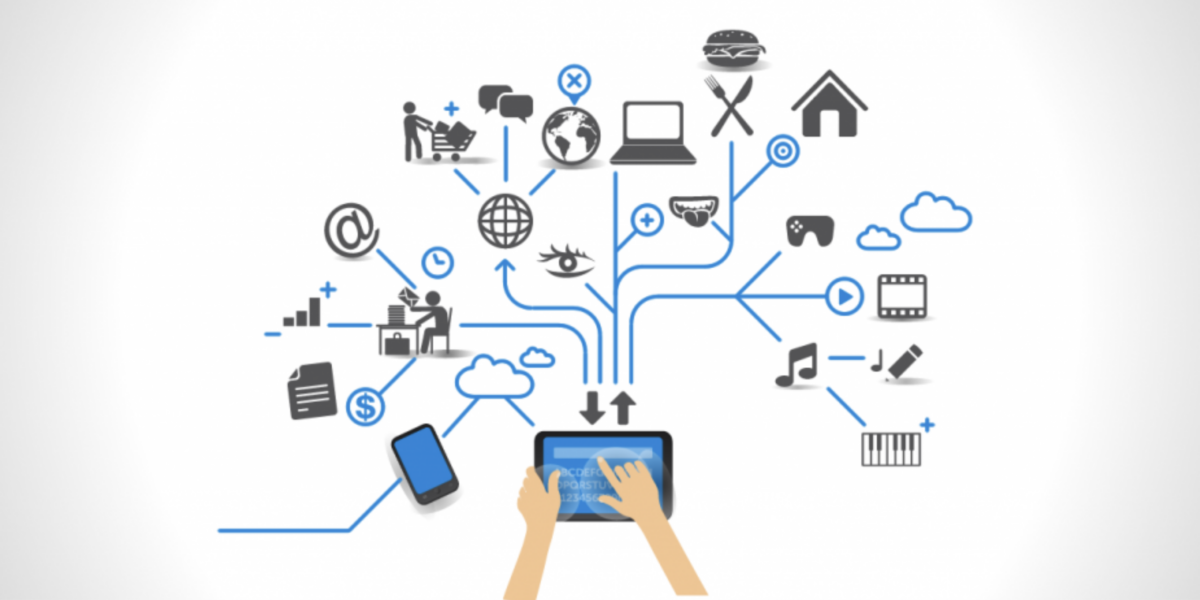As the incorporation of IT, smart technology, and AI in adult day care settings becomes more prevalent, issues surrounding data security and privacy have come under the spotlight. Protecting sensitive information while delivering personalized and efficient care presents a significant challenge.
In adult daycare centers, a wealth of data is collected daily – from personal identification information to health records, lifestyle habits, and even genetic data. This information, while crucial for providing quality care, can also be a prime target for cyberattacks. Therefore, securing this data is not only a legal obligation but also a moral one.
To protect data integrity and privacy, a multi-layered security approach is essential.
Firstly, employing robust, up-to-date encryption methods during data storage and transmission is a necessity. Cryptography can prevent unauthorized access to data, protecting sensitive information from being intercepted or tampered with.
Secondly, implementing stringent access control measures is crucial. Only authorized personnel should be allowed access to sensitive information, and data access should be logged and regularly reviewed for unusual activities.
Thirdly, regular security audits and vulnerability assessments should be conducted. This approach helps to identify weak spots in the system and allows the timely patching of security vulnerabilities.
AI can also play a role in bolstering data security. Machine learning algorithms can help detect abnormal data patterns or breaches, alerting the system to potential threats in real-time. Moreover, AI can assist in the anonymization of data, a method of removing personally identifiable information, thereby further protecting privacy.
Education and training of staff is another crucial element in this puzzle. Employees should be regularly trained on data privacy regulations and the latest best practices for data security, ensuring they are well equipped to manage and protect sensitive information.
Despite these measures, the possibility of data breaches cannot be eliminated. Therefore, having a strong incident response plan in place is vital. Quick identification and containment of a breach, followed by a thorough investigation, can minimize the damage, and prevent future occurrences.




